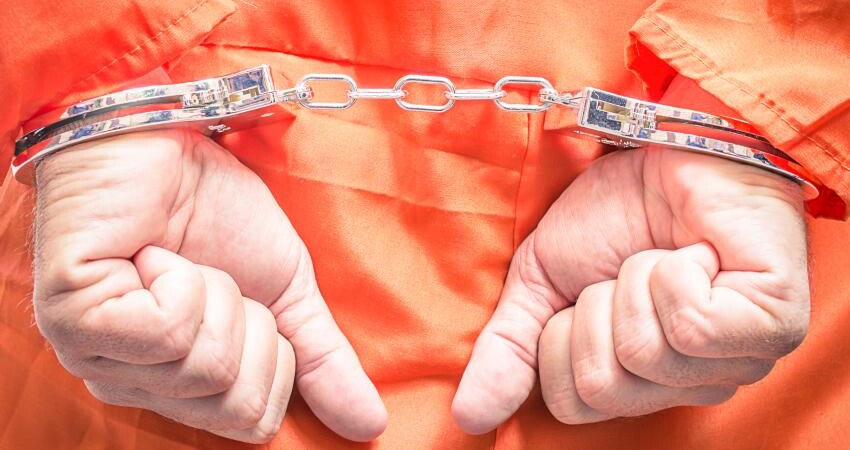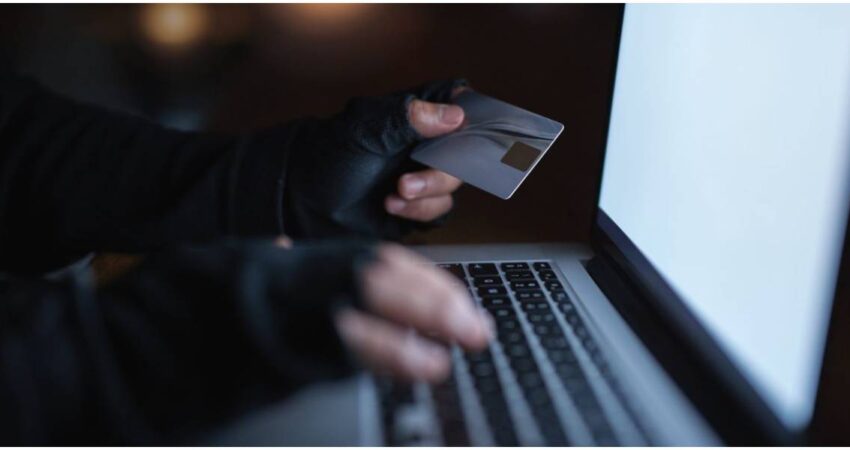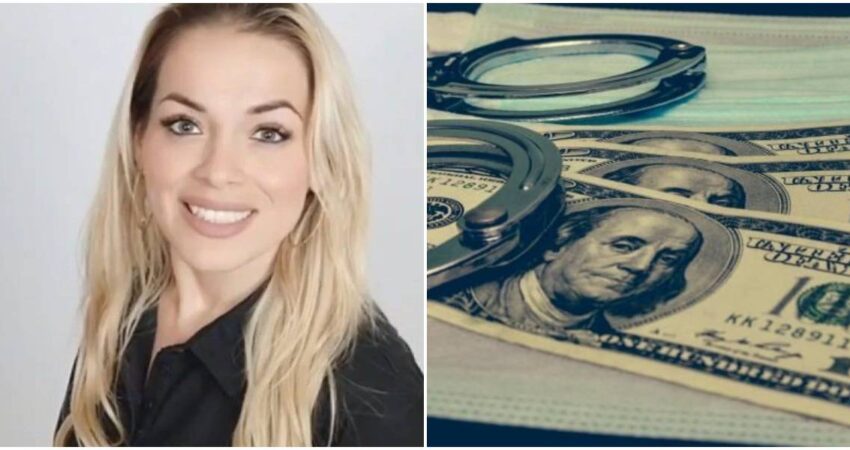
Issa Asad, empresario del sur de Florida y fundador de la empresa de telecomunicaciones Q Link Wireless, ha sido sentenciado a cinco años de prisión federal y multado con más de 128 millones de dólares, tras hallarse culpable de liderar un esquema masivo de fraude contra el gobierno de Estados Unidos. El caso se catalogó como uno de los mayores fraudes relacionados con la Comisión Federal de Comunicaciones (FCC) en la historia del país.
Un fraude sistemático al programa Lifeline
Durante casi una década, Asad dirigió una operación fraudulenta contra el programa Lifeline, conocido también como el de los «teléfonos de Obama», diseñado para ofrecer acceso gratuito o de bajo costo a servicios telefónicos y de internet a personas de bajos ingresos. Según la acusación federal, entre 2012 y 2021, el empresario presentó millones de reclamaciones falsas a la FCC, obteniendo más de 109 millones de dólares de manera ilícita.
La maniobra implicó la creación de identidades ficticias, la inscripción de clientes sin su consentimiento, la activación de servicios innecesarios, e incluso la manipulación de registros para simular que los teléfonos se utilizaron cuando en realidad estaban apagados o defectuosos. Todo con el fin de justificar subsidios que jamás llegaron a sus beneficiarios legítimos.
El Departamento de Justicia reveló que Asad también utilizó llamadas automatizadas coercitivas para confundir a los usuarios. Estas alertaban, falsamente, sobre la cancelación de beneficios como Medicaid o SNAP si no presionaban «1» para conservar el servicio. “Hola, sus beneficios de Medicaid, Cupones de Alimentos y Lifeline están a punto de ser cancelados. Para evitar la cancelación, presione 1 ahora…”, decía uno de los guiones grabados donde se intimidaba a los clientes, según reflejan los archivos judiciales.
Algunas personas con teléfonos inservibles se les indicó encenderlos una vez al mes para evitar ser dados de baja del sistema, permitiendo así que la empresa siguiera facturando al gobierno.
También defraudó fondos de ayuda por la pandemia
Paralelamente, el empresario aprovechó el Programa de Protección de Cheques de Pago (PPP) creado durante la pandemia de COVID‑19 para auxiliar a pequeñas empresas en dificultades económicas. Asad falsificó información financiera, recibió préstamos federales y los utilizó para gastos personales de lujo: compró un vehículo Land Rover, pagó tarjetas de crédito, hizo donaciones privadas y adquirió una mansión.
Las autoridades determinaron que al menos $389,000 dólares del PPP se desviaron hacia fines ajenos al propósito del programa, lo que agravó la acusación criminal.
La sanción más alta de su tipo
Como parte de su sentencia, Asad deberá pagar más de 128 millones de dólares, desglosados en:
- $109,6 millones en restitución a la FCC,
- $17,4 millones en multas individuales,
- Y otros $1,7 millones en restitución a la Administración de Pequeños Negocios (SBA).
Este acuerdo representa la penalización criminal más alta jamás impuesta por un caso de fraude vinculado a la FCC y una de las más significativas en el historial del Distrito Sur de Florida.
La fiscalía subrayó que el fraude no solo causó una pérdida millonaria al erario público, sino que afectó directamente a miles de personas necesitadas, en su mayoría familias con bajos ingresos, ancianos, discapacitados y beneficiarios de programas sociales que dependían del servicio telefónico para su conectividad diaria y seguridad.
Reacciones oficiales
La inspectora general de la FCC, Fara Damelin, calificó el caso como «una advertencia contundente» a quienes intenten aprovecharse de los programas de asistencia pública. Por su parte, el fiscal federal Hayden P. O’Byrne declaró: “El acusado robó dinero destinado a las familias más vulnerables del país, para gastarlo en lujos personales. Este tipo de conducta no quedará impune”.
Antecedentes y perfil del acusado
Issa Asad, de 52 años de edad y residente de Southwest Ranches, ya había enfrentado la atención pública en 2014, cuando estuvo vinculado a un caso de homicidio vehicular tras atropellar a un trabajador en una discusión por 65 dólares. En ese entonces, solo pagó una multa de 225 dólares. Sin embargo, el presente caso lo coloca en el centro de uno de los mayores escándalos de fraude corporativo reciente.
Pese a sus antecedentes, Asad continuó dirigiendo su empresa y expandiéndola, hasta que una investigación conjunta entre la FCC, el Departamento de Justicia y la Oficina del Inspector General lo llevó ante los tribunales federales.
“El robo de más de 100 millones de dólares de programas destinados a personas en momentos de necesidad es un crimen contra toda la nación”, dijo Juan A. Vargas, inspector del Servicio Postal de EE.UU.
Un caso emblemático de corrupción empresarial
El caso de Issa Asad y Q Link Wireless marca un hito en la lucha contra el fraude a programas sociales en Estados Unidos. Revela fallas en los mecanismos de supervisión y destaca la necesidad urgente de reforzar la fiscalización de fondos públicos, especialmente aquellos destinados a poblaciones vulnerables.
Mientras Asad inicia su condena, miles de familias en todo el país siguen esperando que estos programas se fortalezcan y lleguen, finalmente, a quienes realmente los necesitan.






